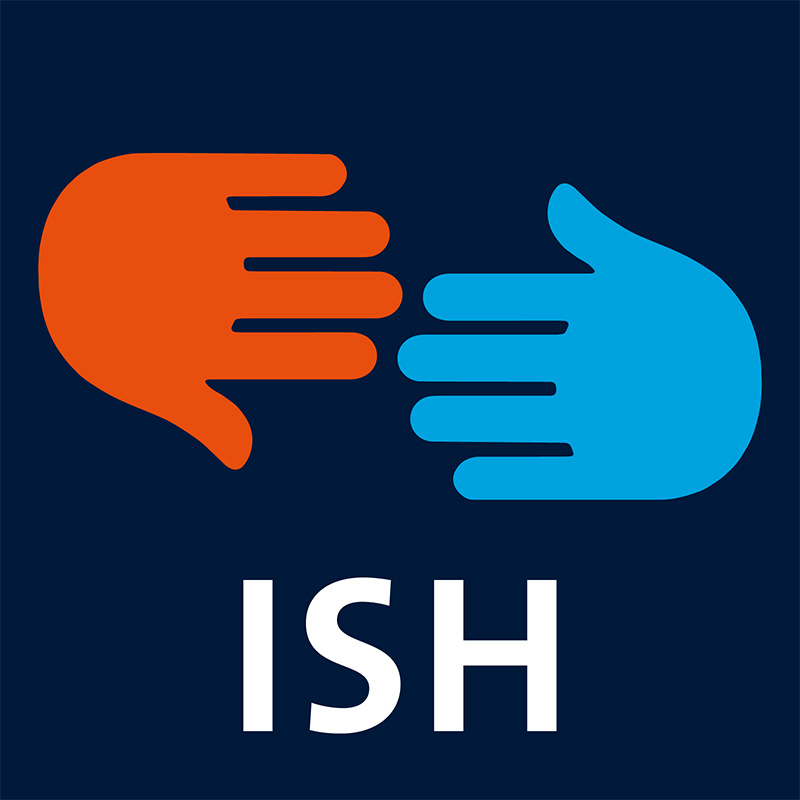Depending on where you come from and how much time you’ll be spending in the Netherlands, you may want to consider opening a Dutch bank account. Ultimately, this depends on you, but we’ll highlight some things you should take into account when deciding whether or not to do so.
Generally, those with a Single Euro Payments Area (SEPA – most countries in Europe) account often choose to stick with what they’ve got and not open a new account for their stay in Maastricht – and they don’t encounter any issues. On the other hand, if you don’t have a SEPA account, you will almost certainly need to open a Dutch account, mainly because you’ll need an IBAN. As a result of high international transfer fees, most non-EU students end up opening a Dutch bank account when they move to Maastricht.
Getting a job without a Dutch bank account
It is possible to get a job without a Dutch bank account as long as the IBAN is from an European country due to the SEPA agreement. However, some employers may require you to have one in order to work for them.
Banks in the Netherlands
In order to open a bank account in Maastricht you need to have your BSN (burgerservicenummer). This is basically a social security number; you will only receive one after registering with the municipality.
However, some banks give you a certain amount of time after opening your account to deliver them your BSN. This is handy if you are struggling to find fixed accommodation or you would like to open your bank account before arriving in the Netherlands.
Required documents to open an account
- Your BSN
- Proof of ID – passport or ID card.
- Proof of address – e.g. your rental contract or a utility bill.
- For non-EU: Dutch residence permit

